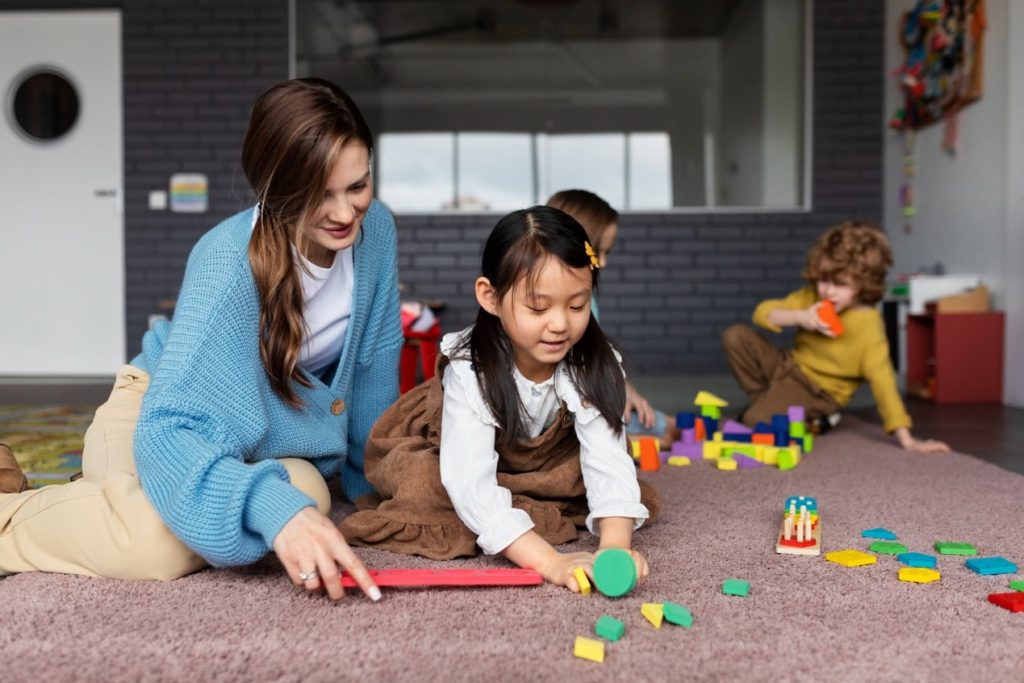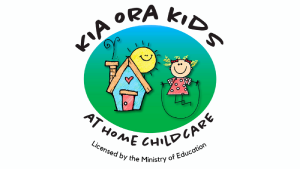
In New Zealand, one starts at birth, creating a foundation for a life of learning and development. Early Childhood Education (ECE) in Auckland, the first part of the educational journey, extends through birth to school age. During this developing period, New Zealand’s ECE system takes a strong stance to nurture kids’ inbuilt curiosity and build them to learn actively. That is in tune with overall government aspirations under the Child and Young People’s Wellbeing Strategy: making New Zealand “the best place in the world for children and young people.”
A Framework for Excellence: Te Whāriki Early Childhood Curriculum
The backbone of New Zealand’s ECE system is the Te Whāriki Early Childhood Curriculum, a woven model that guides early learning structure and quality. Composed by the Ministry of Education, the curriculum establishes guiding principles, strands for learning, aims, and desired outcomes that ECE providers follow. Having high standards, Te Whāriki brings a consistent high-quality educational experience for all kids, regardless of which specific ECE service they attend.
Types of ECE Services
The early childhood education auckland is diverse, providing families with choices through many teacher-led and parent-led variants. There are:
Early Childhood Education and Care Centers: Providing organized settings for care.
Kindergartens: With a strong play basis.
Ngā Kōhanga Reo: Enfolding children in the language and culture of Māori.
Playcentres: Community-run centres with a strong community base.
Home-Based Services and Playgroups: Providing individualized or small group care in a home setting.
In teacher-led services, at least 50% of teachers must have qualified early childhood teacher training that is credited and recognized. Parent-led services, on the other hand, prioritize family involvement in children’s learning, and strong associations with surrounding communities. This promotes social competencies and a sense of community in the general community for the children.
To erase financial barriers, 20 free ECE hours a week for 3 and 5-year-old children are free of charge, courtesy of the government. The scheme promotes equitable access for all families in New Zealand to access high-class education at no cost.
The Whāriki Metaphor: Learning and development woven together
The title “Whāriki” for “woven mat” in Māori connotes its woven, interrelated nature. It integrates four base principles and five strands of learning to serve the purpose of the child to be an effective, capable learner.
Empowerment (Whakamana): Constructing dignity, rights, and agency in children.
Holistic Development (Kotahitanga): Satisfying cognitive, physical, emotional, spiritual, and sociocultural development.
Family and Community (Whānau Tangata): Acknowledging family and community’s contribution to education.
Relationships (Ngā Hononga): Learning through significant relationships with persons, places, and things.
Learning Strands:
Wellbeing (Mana Atua): Body and mind well-being.
Belonging (Mana Whenua): Culturally developing identity and a sense of belonging.
Contribution (Mana Tangata): Social contribution and participation.
Communication (Mana Reo): Constructing verbal and non-verbal communications.
Exploration (Mana Aotūroa): Stimulating curiosity, critical thinking, and motivation for learning.
The integralistic mechanism ensures development in children takes place in an integral, culturally sensitive manner.
Inclusivity and diversity in ECE
Auckland’s early childhood education system is one that appreciates diversity, allowing all children, no matter gender, ethnicity, capabilities, or learning needs, access to rich experiences for learning. The curriculum appreciates individual differences in each child’s strengths, interests, and identity, and empowers teachers to adapt approaches to individual needs.
Inclusive practice is most visibly seen in services such as Ngā Kōhanga Reo, in which children have experiences rich in culture, and in schools such as Kura Reo, in which students have heritage, language, and custom emphasized for them.
Transition Across Stages of Development
Child development in New Zealand ECE takes place in three stages of development:
Infants (18 months birth): Attachment and sensory discovery.
Toddlers (1 to 3 years): Motor skills, language, and independence.
Young Children (2.5 years to school age): Problem-solving, social, and school preparation.
Transition between phases and between early childhood education Auckland environments and school is supported through collaboration between providers, whanau, and communities. Waiho i te toipoto, kaua i te toiroa (“Let us remain near to one another, not far apart”), an ancient Māori proverb, conveys aspirational collaboration underpinning ECE, and describes a shared responsibility for supporting children’s development.
Teachers: The Cornerstone of ECE Success
Teachers enable ECE in New Zealand to be successful. Teachers have extended roles to planning, creating a warm environment, and building strong family relationships, in addition to instruction. Successful teachers have a combination of cultural competency, pedagogy, and an ability to respond in flexible and adaptable forms in less predictable times to changing requirements of children.
Professional development and support underpin a range of high-priority requirements, including continuous training and access to current best practice and emerging early childhood educational research.
A Holistic Vision for the Future
The Te Whāriki curriculum and diversity of early childhood education Auckland capture a commitment to whole-child, welcoming, and culturally-responsive education. By developing a community, an eagerness to explore, and a balanced progression, New Zealand’s ECE system sets its children with a confidence and toolset for success in school and life.
Long-term, early childhood education Auckland model is a model for blending cultural heritage, community, and individualized learning into a whole system—laying out a path for a lifetime of success.
